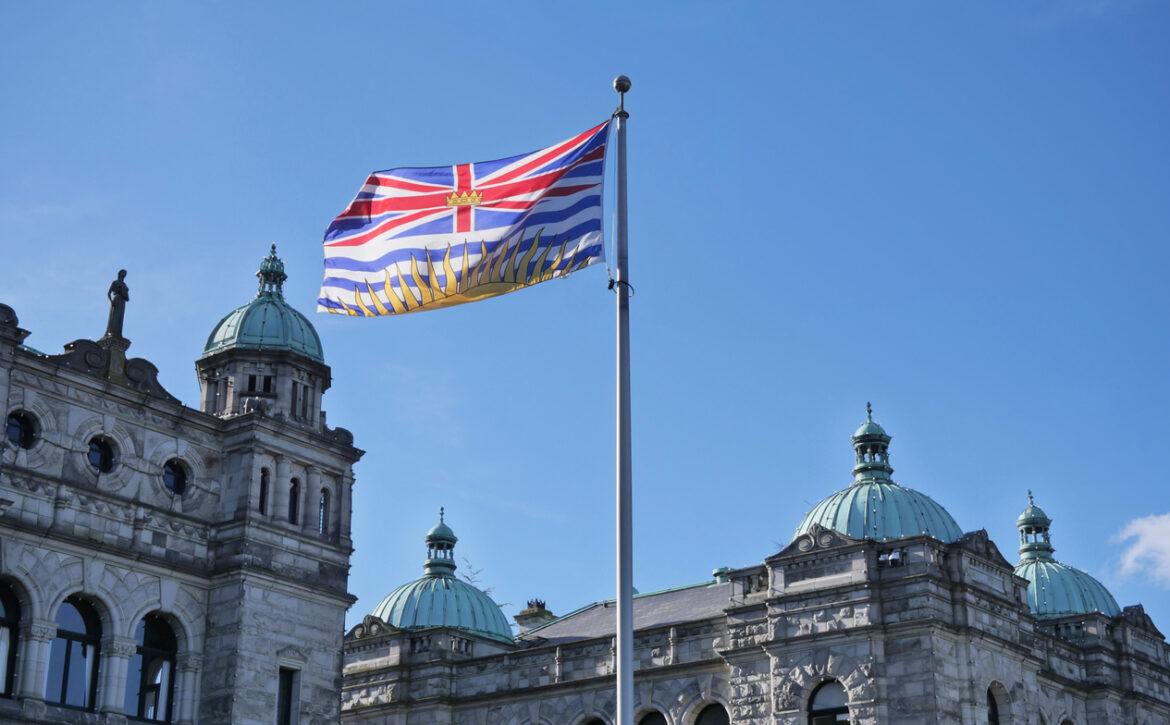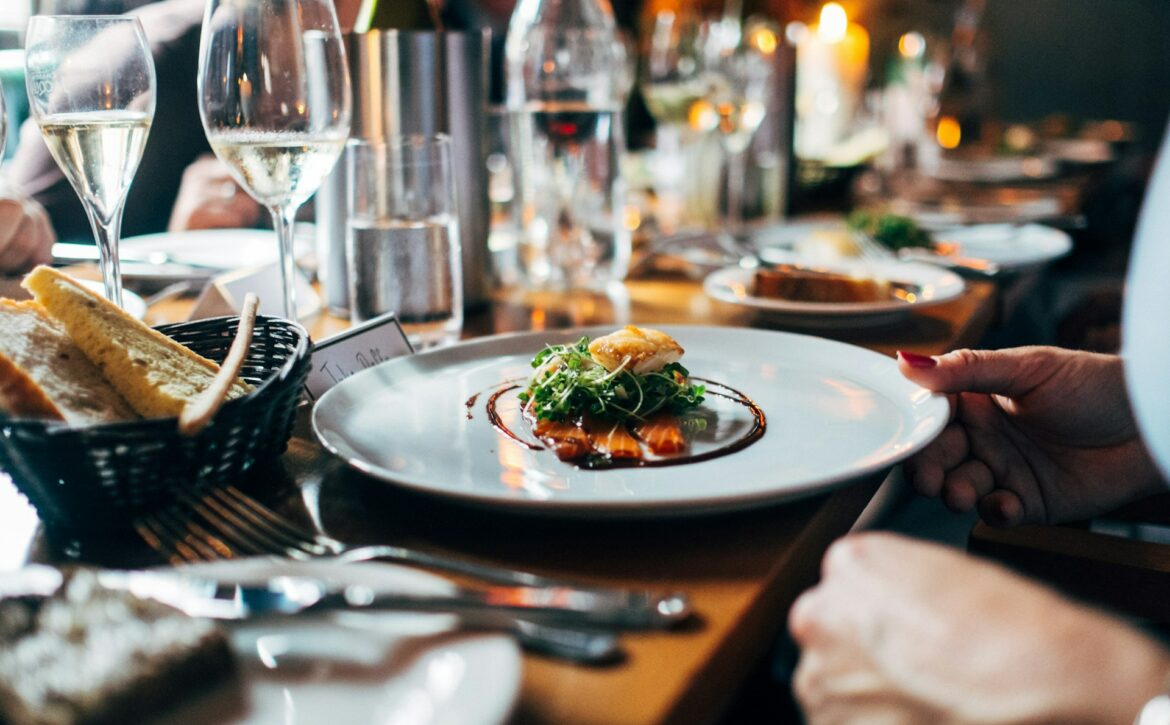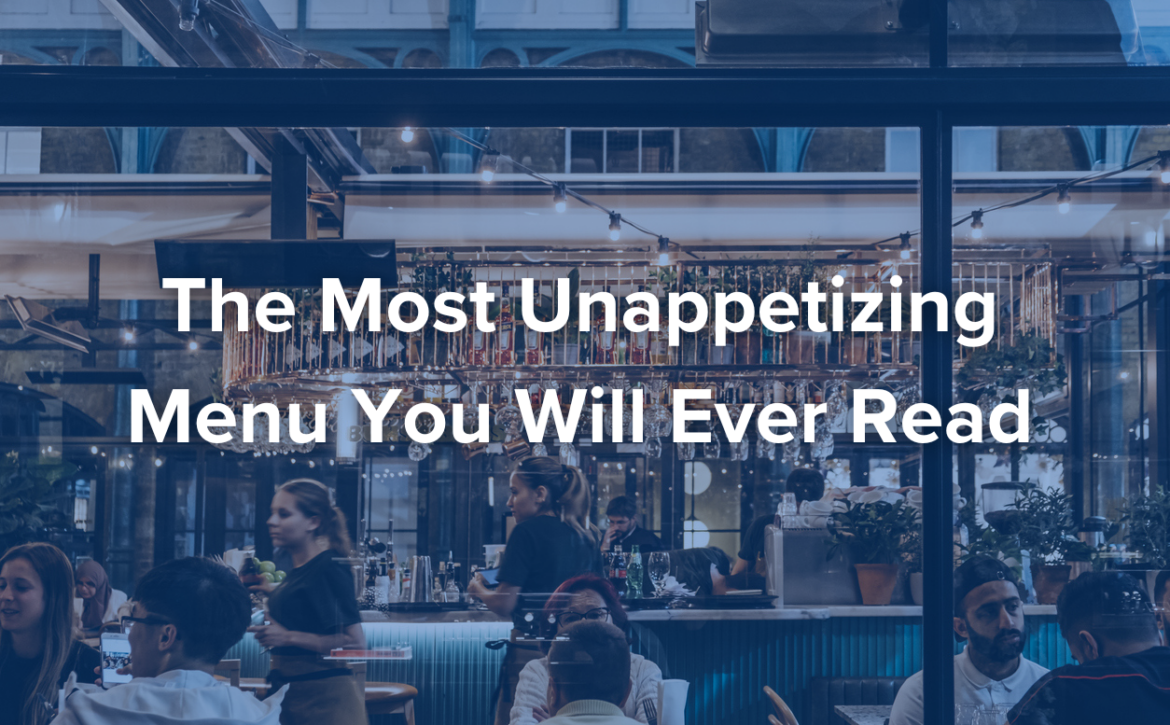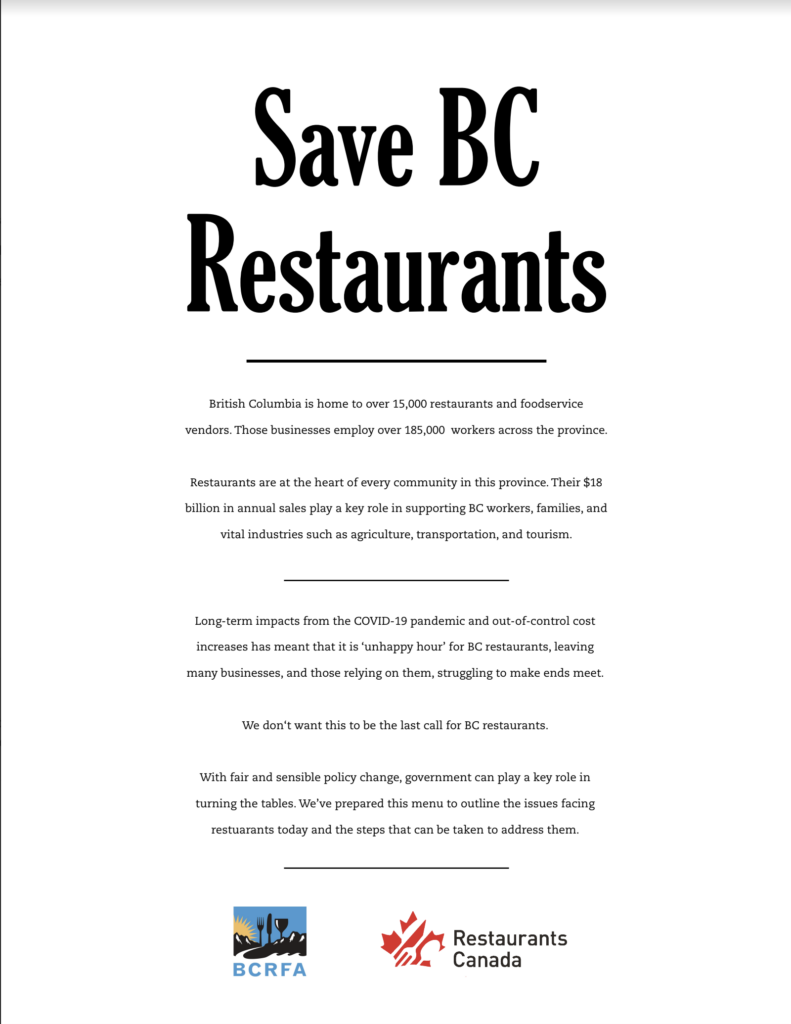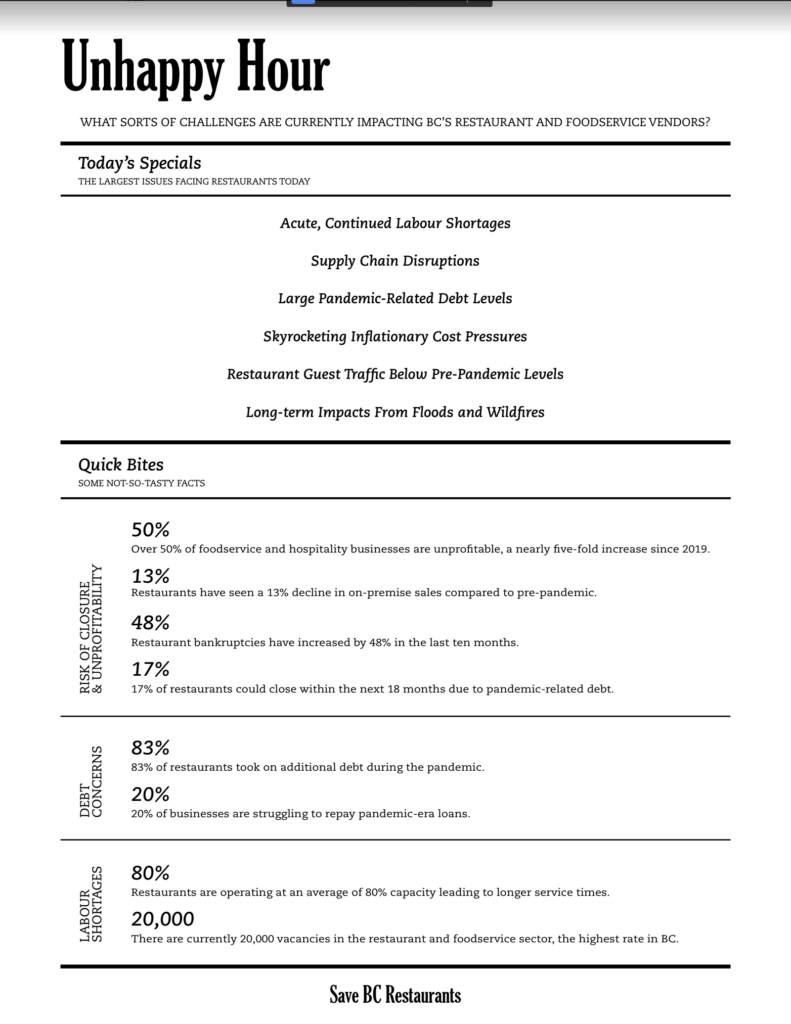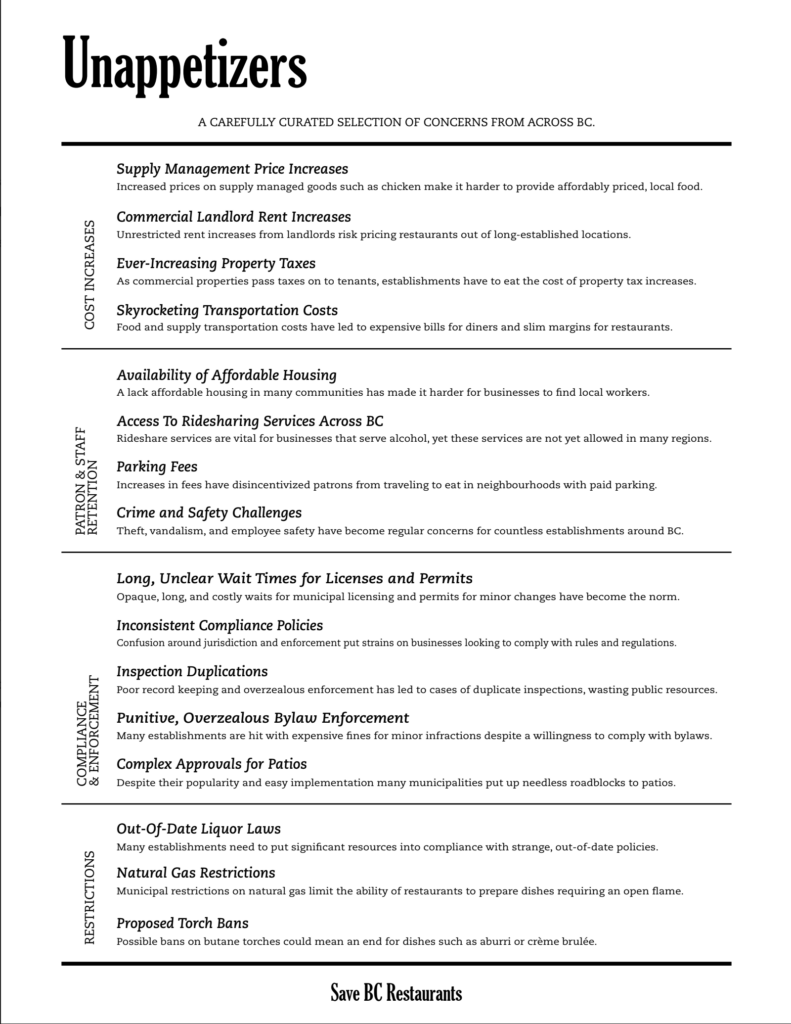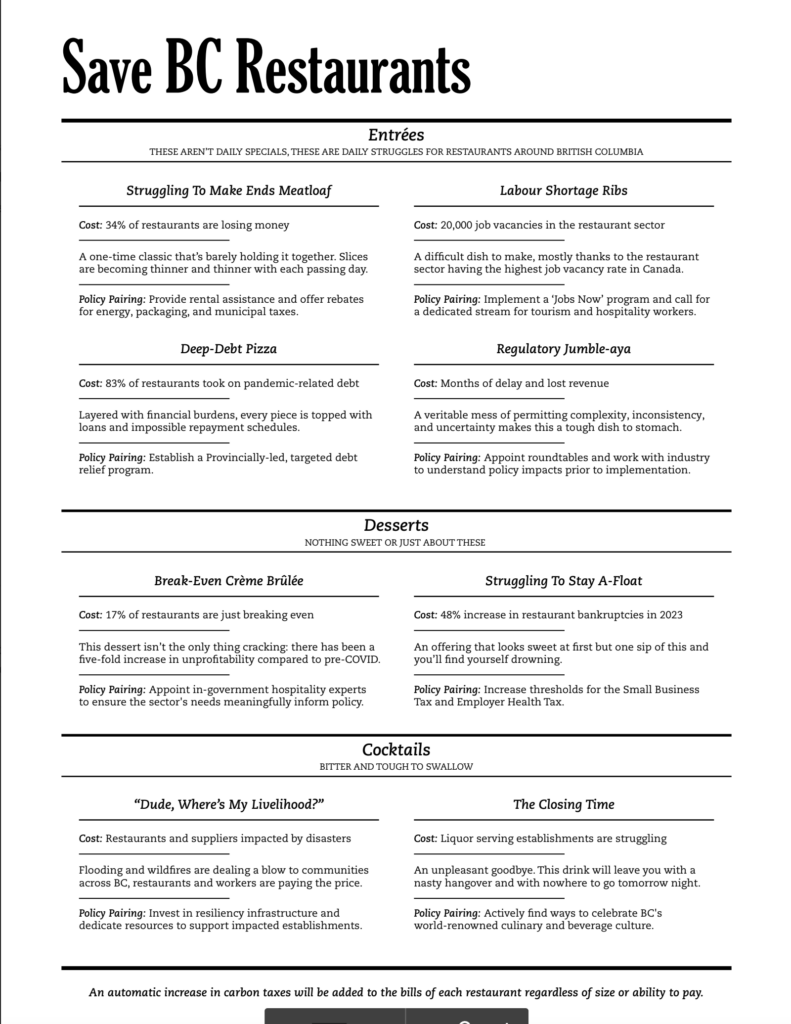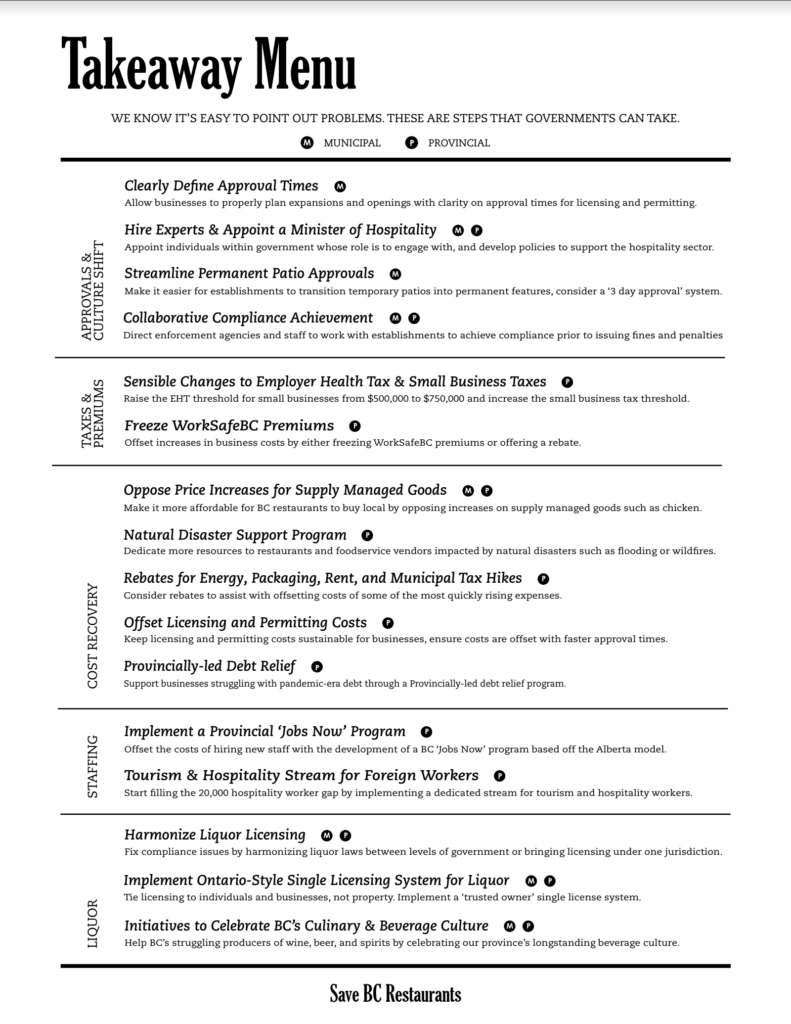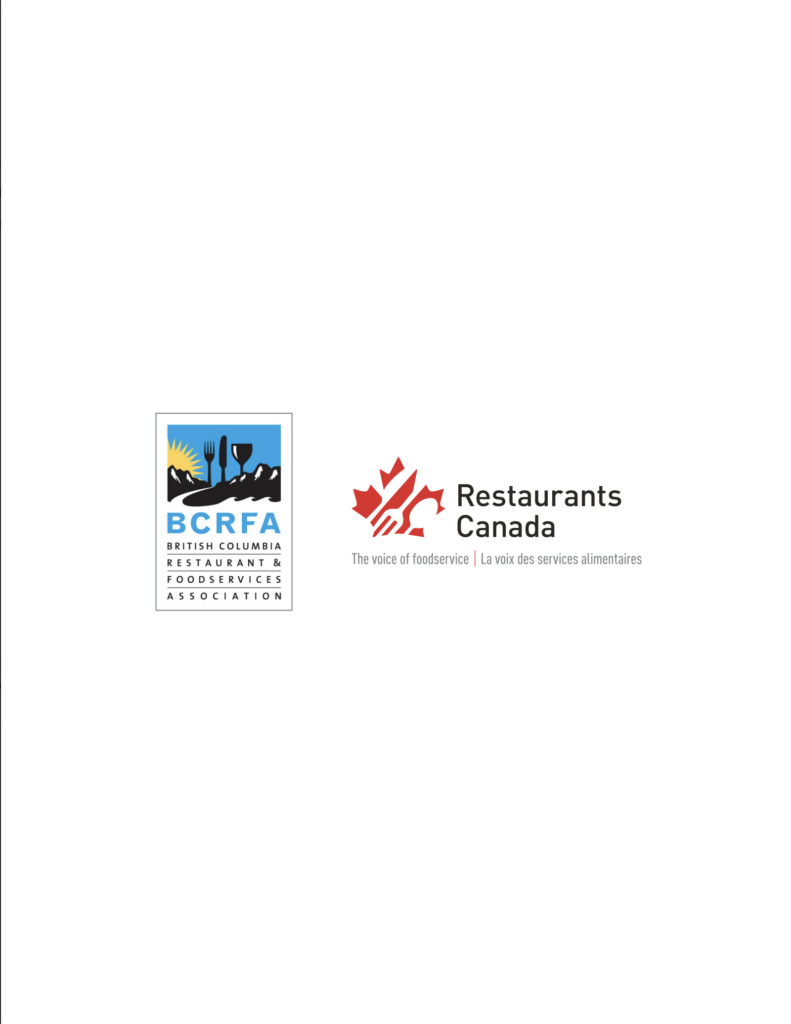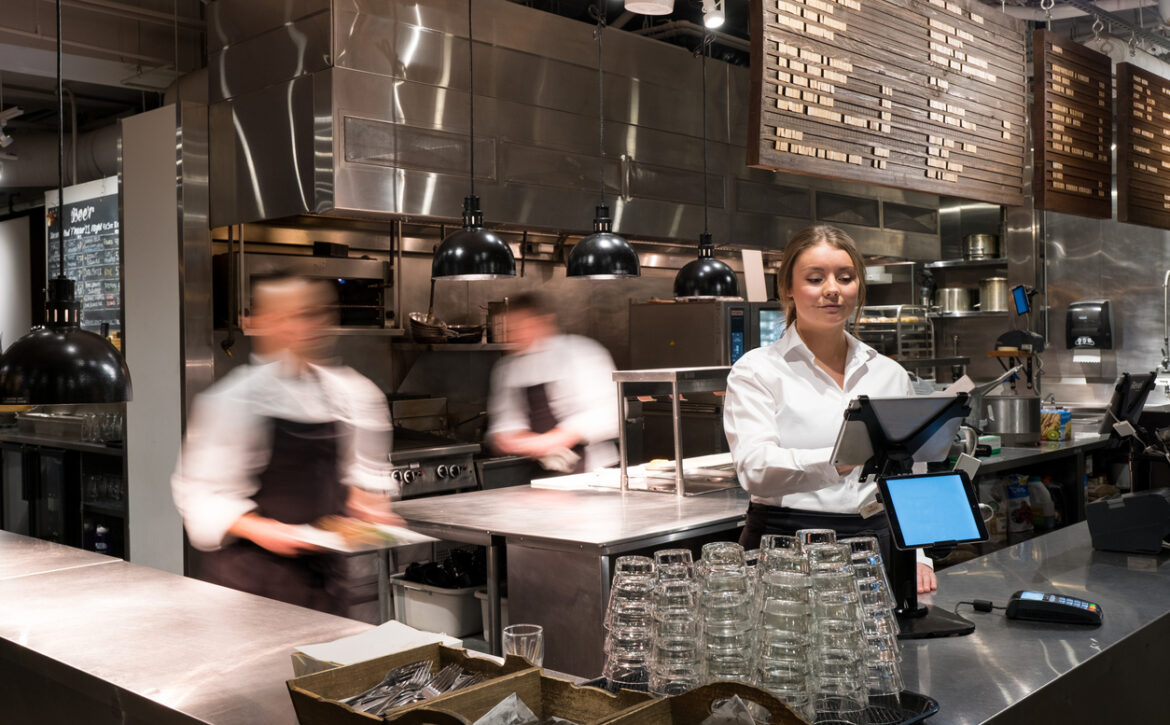The recent report by Pacific Solutions Contracting commissioned by the British Columbia Restaurant & Food Services Association and the BC Coalition for Affordable Dependable Energy shows that the cost could be upwards of $800,000 for an existing restaurant to convert to electricity from natural gas. This number includes all aspects of the process from hiring the experts required, new equipment, renovations, and installations, plus the revenue lost during the business interruption while all that is taking place.
The BCRFA is asking municipal governments to take this evaluation seriously and put the brakes on the zero carbon step code regulations that would ban the use of natural gas in new buildings ahead of provincial 2030 targets. Not only does this seriously question the economic impact on restaurants, but the feasibility of the proposal itself. Restaurants in 2024 do not have $800K sitting around in the bank; quite the opposite in fact.
Rising Tide Consultants support our friends at the BCRFA, calling for a common-sense approach to energy which includes electricity, natural gas and renewable natural gas.
Read more here
Big Win For BC Hospitality Industry
On the heels of the highly successful Save BC Restaurants campaign, the call for a designated single point of contact within government for the hospitality industry has now been answered.
Lana Popham has been appointed as the designated Provincial cabinet liaison for the hospitality sector. Having to engage with numerous ministries and government agencies in the past, restaurants and other stakeholders in the hospitality sector have faced significant challenges in addressing legislative and regulatory concerns. Now with a designated point person within government, the communication will be streamlined to one individual who will have a complete picture of all industry challenges.\
Good News For Brewery Lounges
We were very pleased to see that the City of Vancouver Council approved to not enforce the Zoning and Development By-law maximum floor area restrictions for Brewery lounges for the next two years. This is another step in the right direction for the support of growth and deregulation for Vancouver. Rising Tide Consultants is proud to be a member of the Hospitality Sector Working Group collaborating with the council on these important changes!
Client Spotlight
Congratulations to our esteemed clients of the Toptable Restaurant Group. It has our pleasure to work with you on your liquor licensing over the years. Marilena of Victoria has claimed the #1 spot in Canada’s 100 Best Restaurants! Elisa has earned Gold for Vancouver Magazine’s Best Steakhouse!
Federal Health Minister Listens To BC Craft Cannabis Farmers
The federal Minister of Health has agreed with the proposal from BC craft cannabis farmers to lift unfair production and processing limits on craft farmers, micro-processors and nurseries, by proposing to increase the amount of cannabis that can be cultivated and/or processed by craft farmers and micro-processors by a factor of four.
Read more here
New Regulations For Gig Workers – Workers Could See A Rise In Costs And A Decline In Business
On June 12, 2024, the government of BC announced regulations to provide fairness, minimum-wage measures and basic protections for app-based ride-hailing and delivery workers in British Columbia. The regulations, a first in Canada, will come into effect on Sept. 3, 2024. They will apply to those who work for apps such as Uber, Lyft, Uber Eats, SkiptheDishes, DoorDash and others.
The regulations address the top concerns raised by workers, including:
- Low and unpredictable pay: The regulation sets a minimum wage for engaged time, and a minimum per-kilometre vehicle allowance to compensate workers for their vehicle expenses.
- Lack of workers compensation: All ride-hailing and delivery workers will be covered through WorkSafeBC.
- Lack of transparency: Companies must allow workers to see the locations and
- estimated pay associated with a job before workers accept it.
- Unfair deactivations and suspension: Companies must tell workers why they are being suspended or terminated. If they are terminated without cause, they must be given notice or compensation.
- Tip protection: Companies must pay 100% of tips provided by the customer to the worker.
Bridgitte Anderson, President and CEO of the Greater Vancouver Board of Trade, has issued the following statement: “Companies in B.C. already contend with some of the highest costs and strictest regulatory and tax environments in North America. We are concerned that the new regulations will impose additional burdens and reduce flexibility, inevitably leading to even higher costs for transportation and food delivery services. These new regulations also risk resulting in less work for ride-hailing and food delivery workers and ultimately lower overall wages…”
Questions? Contact us – We are here to help!
If you need advice or guidance with your licensing challenges or business operations, get in
touch with us. We are here to help!
Contact Rising Tide





